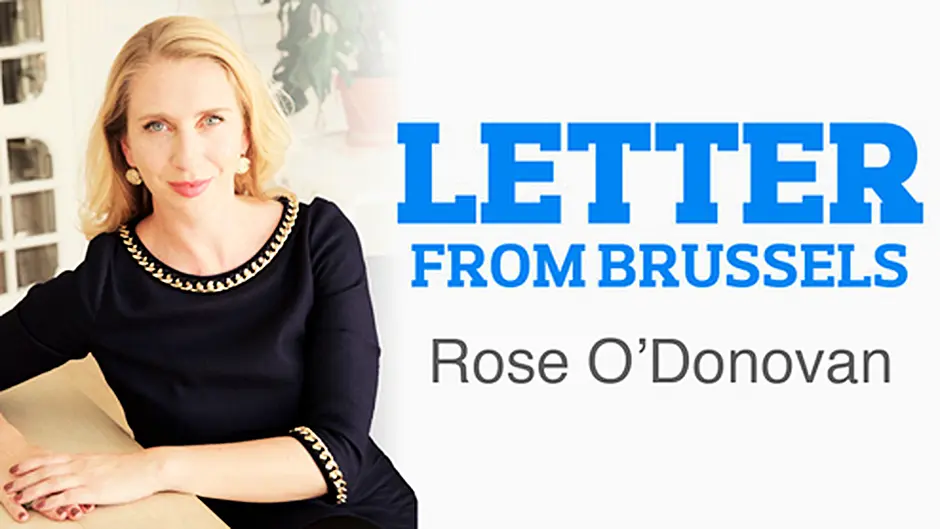EU heads of state and government struck a milestone deal on July 21st on the Multi-annual Financial Framework (MFF) and the post-pandemic stimulus package for the EU-27, offering €750 billion – comprising €390bn in non-repayable grants (down from €500bn as originally proposed) and €360bn in repayable loans – to economically-weakened countries to respond to the Covid-19 crisis.
Leaders also signed off on the EU’s next seven-year budget (2021-2027) worth €1.074 trillion, bringing the total financial firepower to €1.824 trillion. Following an epic Summit of intensive discussions (since July 17th), European Council president Charles Michel tweeted ‘Deal’ at 5.31am on Tuesday morning. Speaking to reporters as the sun rose on the occasion of Belgian National Day (July 21), Michel said: ‘We did it. Europe is strong. Europe is united!’ The accord ‘sends a concrete signal that Europe is a force for action.’
Joining him on the podium at the early morning press conference, Commission president Ursula von der Leyen said ‘it’s breath-taking to see that we have done it … we have reached a huge milestone setting up the future of the EU.’ Teams ‘negotiated four long days and nights, more than 90 hours, but it was worth it,’ the Commission chief stated.
Extraordinary
German Chancellor Angela Merkel and French President Emmanuel Macron held a joint press conference in parallel, with Merkel saying ‘extraordinary times called for extraordinary efforts.’ The German leader, who turned 66 years of age on Friday, said she was ‘very happy’ with the deal, but acknowledged there will be challenging talks ahead with the EP.
The 42-year-old French leader said that, ‘when Germany and France act together, they can’t do everything, but nothing happens if they don’t work together.’
Following days of political wrangling and rancour with the ‘frugal four’ (Austria, Denmark, Netherland and Sweden), budget rebates for some of the northern nations were increased to break the deadlock. Austria’s annual reduction will be doubled to €565 million a year compared with previous proposals on the table, while the Dutch ‘correction’ was hiked up from €1.57 billion to €1.92 billion.
Germany accepted not to increase its rebate (€3.67 billion). After dragging his heels during much of the talks, Dutch Prime Minister, Mark Rutte, secured an emergency brake that would allow any country to raise concerns that another was not honouring promises to reform its economy, and temporarily halt transfers of EU recovery money.
Taoiseach emerges upbeat
EMERGING upbeat after the talks, An Taoiseach, Micheál Martin, welcomed the deal, saying it would bring huge benefits to Ireland, but it is far too early to ascertain how much Dublin will be allocated under the financial plans.
Before heading back home, the Corkman said the ‘very substantial and significant package of measures worth €1.8 trillion … will go a long way to help to reboot and re-engineer economic recovery within the EU.’
There have been a number of tweaks to the farm budget, with the figures remaining largely unchanged for the 1st CAP Pillar not exceeding €356.37 billion of which €258.59bn will be allocated to market-related expenditure and direct payments. The breakdown for member states will be known at a later stage.
The allocation for rural development for the period 2021 to 2027 is €77.85bn.The RD allocation under Next Generation EU has been slashed in half from €15bn to €7.5bn, while Horizon Europe is reduced from €10bn to €5bn.
To ‘compensate,’ there is an additional allocation (total €5.35bn) for member states ‘facing particular structural challenges in their agriculture sector or which have invested heavily in Pillar II expenditure or which need to transfer higher amounts to Pillar I so as to increase the degree of convergence,’ including €300 million destined for Ireland.









